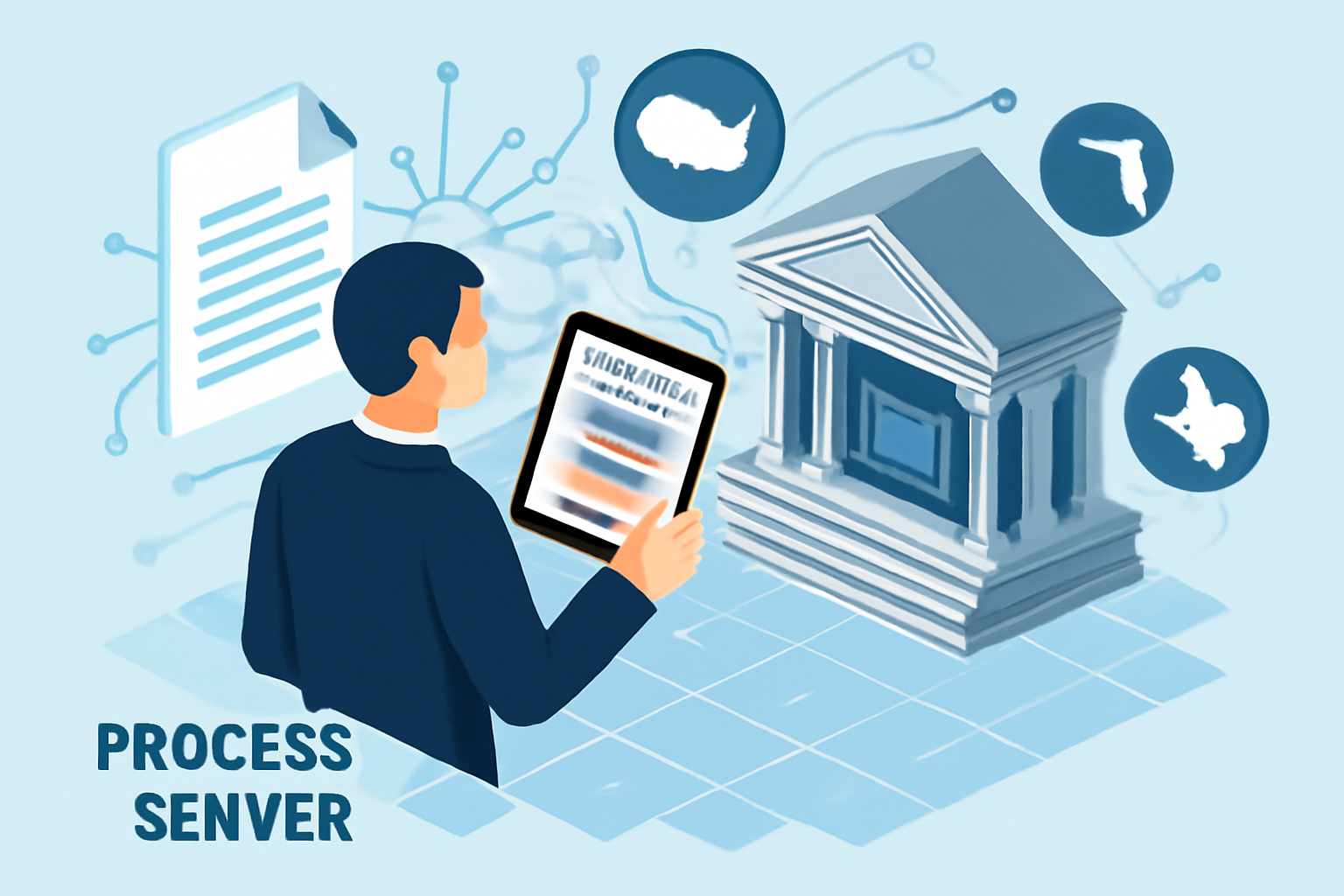
Electronic filing, commonly known as e-filing, has significantly transformed the landscape of legal document submission across various jurisdictions in the United States. This digital shift has increasingly redirected power toward technology platforms that mediate these processes between the courts, attorneys, and the public.
Centralization of Services: E-filing systems often centralize document submission processes, which historically required manual handling. This centralized approach streamlines operations but also consolidates influence within the controlling tech platform. Courts and legal practitioners become reliant on these platforms' functionality, uptime, and security protocols.
Data Control: Control over vast amounts of legal data is another significant factor. E-filing platforms store extensive databases of legal documents, which necessitate robust data security measures. These platforms hold significant power regarding who accesses this data, under what conditions, and how long it is retained.
Access and Convenience: These platforms enhance accessibility by allowing attorneys and self-represented litigants to file documents from remote locations. However, this convenience can disproportionately favor tech-savvy users and those with reliable internet access, potentially disadvantaging others.
Cost Implications: The implementation and maintenance of e-filing platforms can lead to increased user fees to cover costs. While these platforms often argue that they reduce court operational costs, the burden is sometimes shifted to the end users in the form of convenience fees.
Interoperability and Exclusive Contracts: Exclusive agreements between court systems and specific e-filing vendors can lead to monopolistic tendencies, reducing competition and the potential for innovative practices within the industry. This exclusivity can also dictate compatibility standards, forcing users to adopt particular technologies or software to comply with filing requirements.
Regulatory and Ethical Considerations: With increased power, these platforms face greater scrutiny regarding fairness, transparency in operations, and adherence to ethical guidelines. Regulatory bodies may impose standards to ensure non-partisan operation and uphold the integrity of the judicial process.
E-filing represents a paradigm shift not only in how courts handle documents but also in the technological ownership of legal processes. As such, ongoing oversight is necessary to ensure that the benefits of these platforms do not come at the expense of fairness and accessibility in the judicial system.